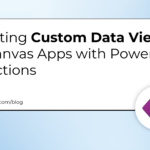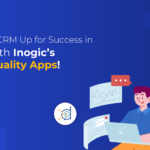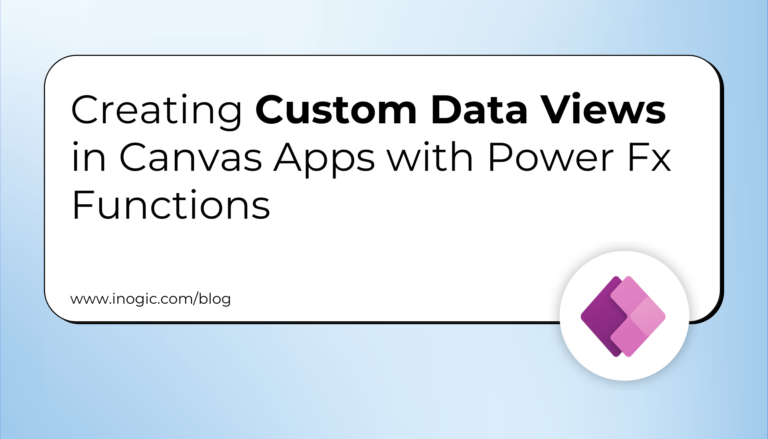Since its inception, Salesforce has been the most renowned CRM platform provider in the world. This is due to the robust nature of an ecosystem that offers top data security to its users. Salesforce upgrades are backward cooperative which preserves the work you put in before a system update. It usually offers an active community that encourages customers to interact with each other, clear doubts and provide feedback to the firm.
There are multiple career prospects a person can follow including the Salesforce Developer course, Salesforce Admin course, Salesforce Consultant, and many more. The Salesforce Developer Certification Guide 2024 is designed to offer a comprehensive overview of the topics and skills needed to pass the certification exam successfully, ensuring candidates are well-prepared to showcase their expertise in Salesforce Developer Training.
Salesforce Developer Certification Training Online
There are 10 chapters included in a Salesforce admin course that you should know about:
Introduction to App Builder Course and Salesforce
This chapter will include various things including the introduction of App builder and Salesforce to the freshers. Salesforce ecosystem and products, salesforce architecture, editions, and licensing.
Organisational Setup
In this chapter you will get to understand about the setup and configuration, managing users and permissions, data modeling, and management. Along with this, you will also get to understand how to create and customize objects, fields, and relationships. Further in this, you will get to learn about workflow automation and process building.
Apex Programming
In this chapter, our professionals will help you learn about Apex, Apex syntax, and basics efficiently. Other than this, you will be able to learn how to write and execute Apex classes and triggers. You will further learn about SOQL and SOSL languages along with the best practices for Apex development.
Don’t forget to check out: Salesforce Developers Guide: Build Your App With Salesforce AppExchange
Security and Access
The security and access model determines how your data is retrieved in Salesforce. It usually controls what data a user can view and edit based on their profile, role, and sharing settings. This model also authenticates users and protects your Salesforce organizations from unwanted access.
Process Automation
In this chapter, you will get to learn about salesforce automation tools that can be extended to automated actions that are reusable. The approval processes take automation a step further, allowing you to learn and define a sequence of steps that are required to approve a record.
Lightning App Builder
This chapter will allow you to learn how to enable firms to put key information at user’s fingertips by offering an easy interface to create and update records in Salesforce. Moreover, learning lightning app builder can be used to build single-page applications that are used to load a single page and dynamically update the page as the user interacts.
Lightning App
In this chapter, you will learn about lightning applications that will allow you to build new applications efficiently.
Lightning Web Components
This will help you understand the lightning experience, components and applications. Along with this includes learning about Aura components and Lightning Web Components (LWC). More than that, you will get to know about Salesforce Lightning Design System.
Lightning Reports and Dashboards
Further, you will learn about the reports and dashboards as they are the key salesforce features that give you the data you require to see the big picture and make informed business decisions efficiently. This is taught because with the access to your salesforce instance you can make reports and dashboards, so that the burden is not all on the Salesforce admin alone.
App Deployment
Under the App deployment chapter you will learn about multiple native and third-party deployment tools. Further, it includes details related to salesforce DX, CLI, metadata API, Ant Migration tool, Change sets, packages, automated testing tools, and CI/CD tools.
![]() Check out another amazing blog here by Ray brad: How to Become a Salesforce Partner?
Check out another amazing blog here by Ray brad: How to Become a Salesforce Partner?
What Salesforce Certifications are Required to be a Successful Salesforce Developer?
There are currently three types of Salesforce developer certification required to be a successful Salesforce Developer:
- Platform App Builder
- Developer I and Developer II
Quantoknack Training offers multiple courses including Salesforce Developer Certification Course online. You can easily register yourself by visiting the official website.








